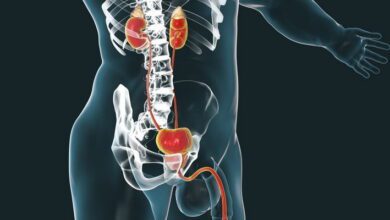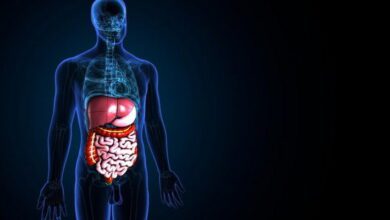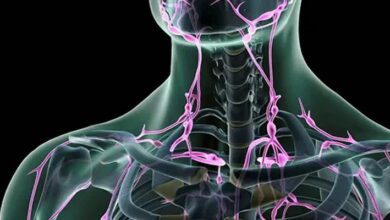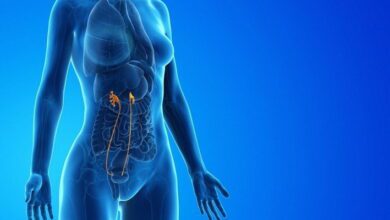Blood MCQs with Answers

Welcome to the Blood MCQs with Answers. In this post, we have shared Blood Online Test for different competitive exams. Find practice Blood Practice Questions with answers in Biology Tests exams here. Each question offers a chance to enhance your knowledge regarding Blood.
| Blood is one of the essential body fluids that the human body conducts its significant functions needed in maintaining life within the body. It constitutes about 7-8 percent of an individual’s body weight, and it flows through arteries, veins, and capillaries providing oxygen, nutrients to the cells while collecting waste products such as carbon dioxide. The four components that form blood are red cells, white cells, platelets, and plasma. About 45% of all the volume of blood is constituted by erythrocytes or red blood cells, which contain hemoglobin-protein that captures oxygen from the lungs and transports it to tissues throughout the body. These carry carbon dioxide back into tissues to the lungs to be exhaled out. Scientifically, white blood cells are leukocytes, a part of the human immunity system. White blood cells fight infections and invading agents that try to enter the body. Among its varieties are neutrophils, lymphocytes, monocytes, eosinophils, and basophils, with each variety being given a particular duty in immune defense. Actually, thrombocytes are known as platelets, while they are really small pieces of cells that represent a very crucial role for blood clotting. With the immediate clumping of these platelets at the site once the vessel is injured, a plug develops through the release of chemicals that facilitate clotting and prevent easy bleeding. Plasma is liquid and makes up approximately 55 percent of the total volume of blood. This refers to that fluid thin and straw-colored liquid that, essentially, is water with dissolved proteins, electrolytes, hormones, and other waste products dissolved in it. Plasma serves as the transport medium of nutrients, hormones, and waste products distributed throughout the body. Through basic functions of blood, it has to maintain homeostasis by regulating the heat, pH, and volume of fluids. It also serves as a medium for transporting hormones and facilitating their responses within the immune system. |
Blood Online Quiz
By presenting 3 options to choose from, Blood Quiz which cover a wide range of topics and levels of difficulty, making them adaptable to various learning objectives and preferences. You will have to read all the given answers of Blood Questions and Answers and click over the correct answer.
- Test Name: Blood MCQ Quiz Practice
- Type: Quiz Test
- Total Questions: 40
- Total Marks: 40
- Time: 40 minutes
Note: Answer of the questions will change randomly each time you start the test. Practice each quiz test at least 3 times if you want to secure High Marks. Once you are finished, click the View Results button. If any answer looks wrong to you in Quiz, simply click on question and comment below that question, so that we can update the answer in the quiz section.
Download Certificate of Blood Test
On the end of Quiz, you can download the certificate of the quiz if you got more than 70% marks. Add a certificate to your job application or social profile (like LinkedIn) and get more job offers.
Blood Flashcards
If you are interested to enhance your knowledge regarding Physics, Chemistry, and Computer please click on the link of each category, you will be redirected to dedicated website for each category.




